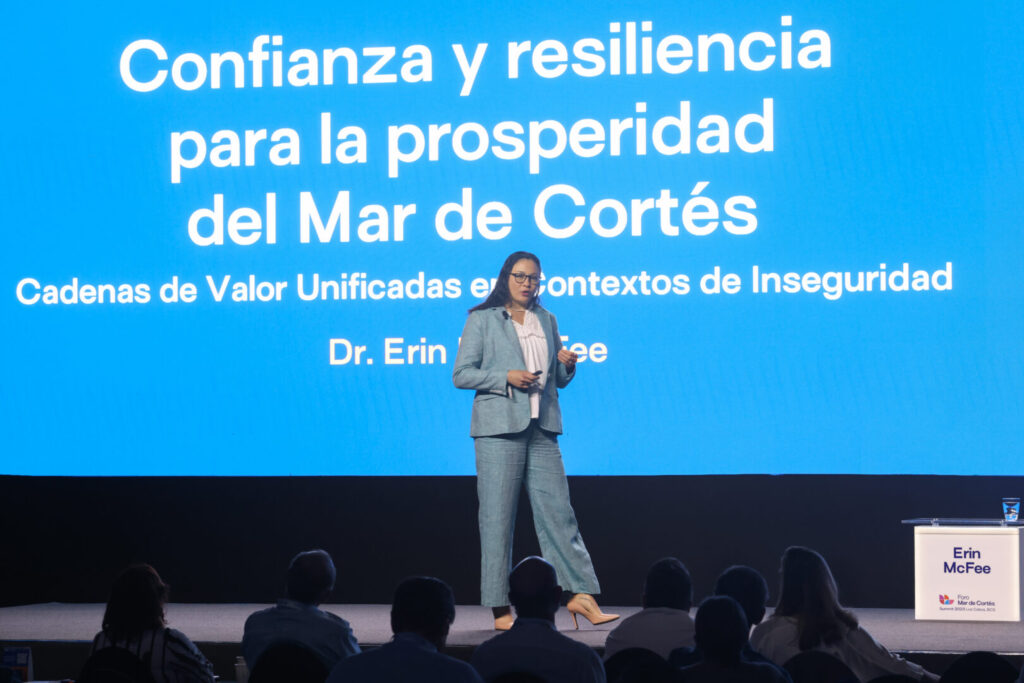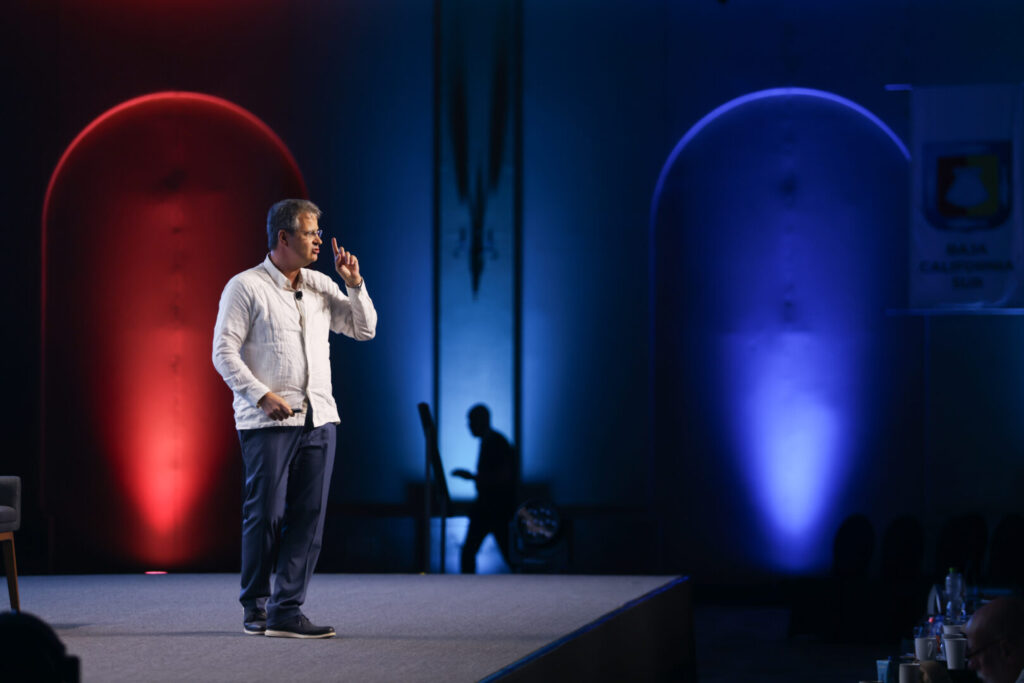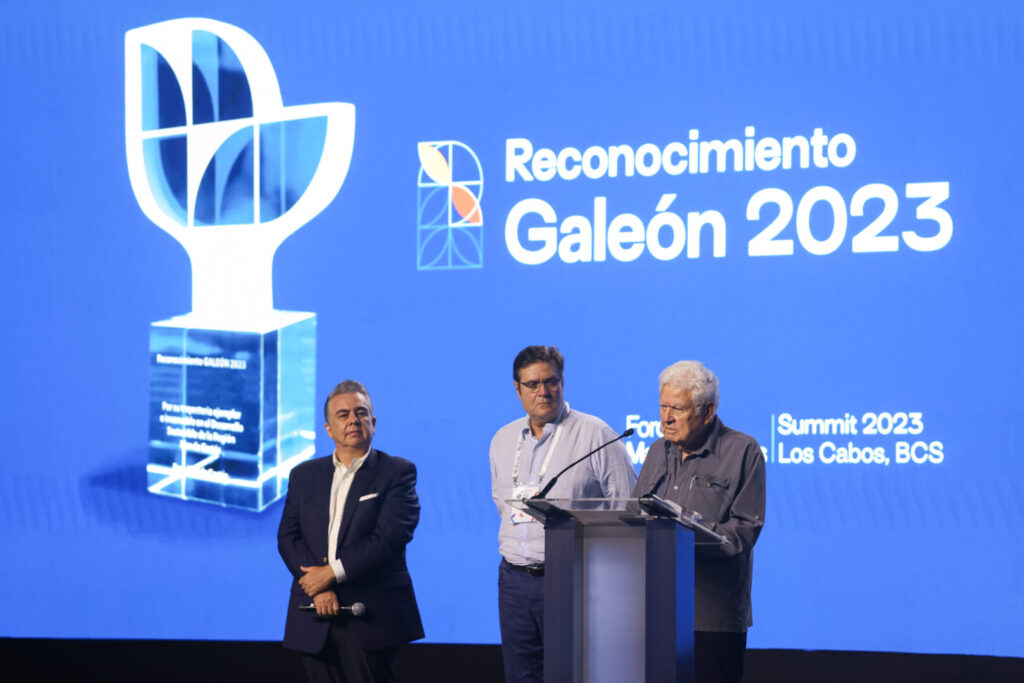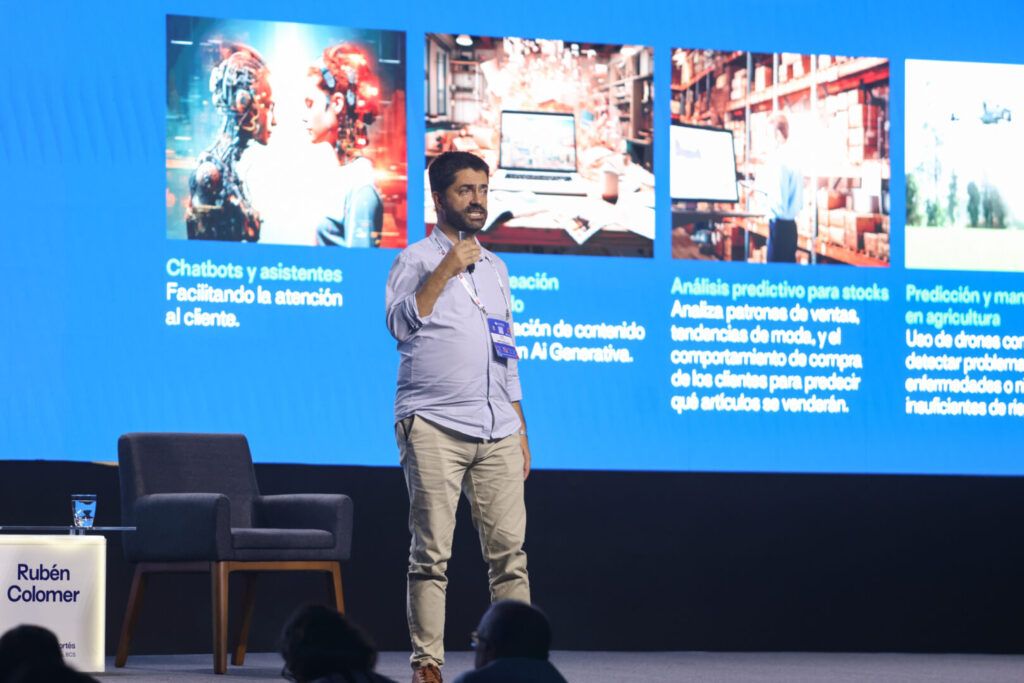Los Cabos, BCS. November 10, 2023. In the interventions carried out in areas affected by violence and insecurity, Erin McFee said that trust has been the foundation for transforming them into safer, sustainable and resilient communities.
At the opening of the third day of activities of the Summit 2023 Prosperity: A Possible Purpose with the conference Confidence and Resilience for the Prosperity of the Sea of Cortez RegionThe UK Future Leaders Fellow said that trust is the foundation of social and economic life around the world.
"Trust serves as a catalyst for business relationships, facilitates strategic alliances and collaborations essential for economic stability, is critical for investment and collaboration between entities and individuals, stimulates investment, encourages multi-sector collaboration which is key when we are talking about sustainable and participatory development," he said.
McFee said that he has worked on projects in 12 countries in different parts of the world and in all these contexts he has found that uncertainty can cause any initiative to fail.
"Anything in the way of affection, relationship or structure that can support the building of trust can reduce this uncertainty and foster more possibilities for the development of these communities," he said.
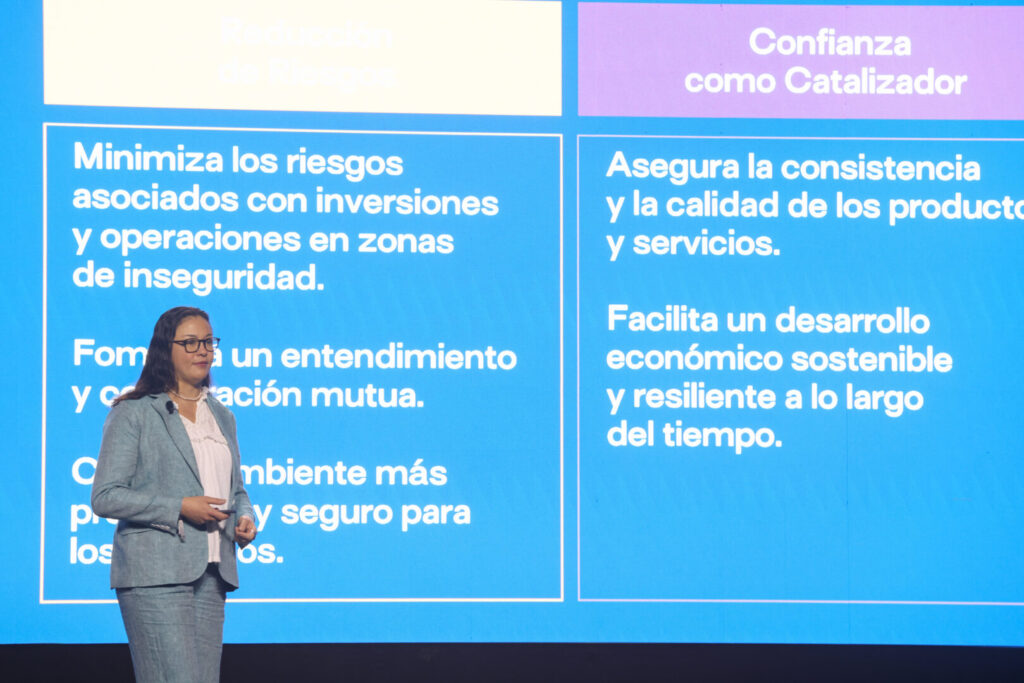
The nexus between trust, security and sustainable development
In areas affected by violence, he said, it is much more complicated to build trust and to think in the long term, but in the Corioli Institute developed the Trust, Security and Sustainable Development Frameworkdesigned to be applied in these contexts.
This framework, he explained, is made up of these three components: trust, violence and insecurity, and sustainable development.
"Focusing on this nexus, trust can serve as a mechanism to strengthen security, which is between defending against insecurity and fostering and creating security. In a participatory manner, trust can serve to improve security conditions, as well as serve as a basis for ensuring sustainable practices," he said.
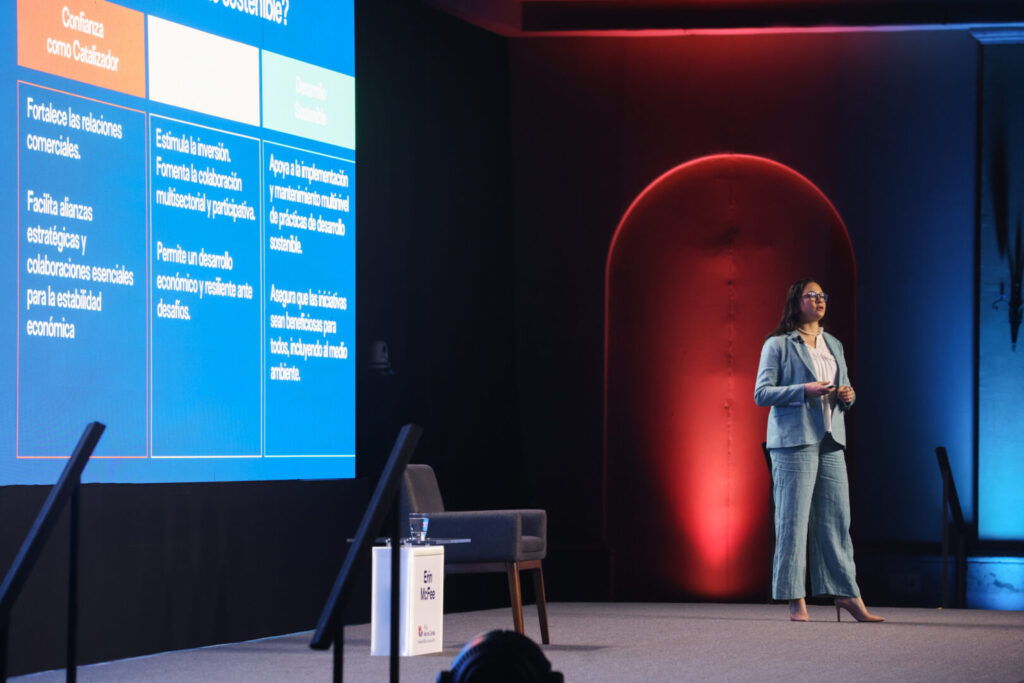
The PhD in Human Development emphasized that when a person trusts his neighbor or partner, he is more willing to act and sign a long-term sustainable agreement, because it is based on interpersonal relationships.
He added that resilience is key when we are thinking about this nexus of the convergence of trust, violence, security and sustainable development.
"Resilience is formed when people can jointly address any challenge they face," he stressed.
Success stories in Colombia, Ukraine and Mexico
McFee gave examples of communities of Colombia y Ukraine where trust was able to build safer, more sustainable and resilient communities.
He also emphasized the work that, in coordination with NOS Sustainable Northwesthave made in El ManglitoThe project, in La Paz, to foster trusting relationships and build leadership skills among young people, with the creation of an intergenerational memory of the community.
He highlighted the case of The Reforma fishing community in Sinaloa affected by the violence of organized crime, where the civil organization Happens The work of individual, intra-family and community restoration has achieved, among other positive results, a reduction in the incidence of gender violence.
Who is it?
Erin McFee. She holds a PhD in Human Development and is a UKRI Future Leaders Fellow. She directs the project Trust After Betrayal: Global Development Interventions in the Shadow of Organized Violence. She has taken her work to 12 countries in different regions of the world, including Sinaloa and Baja California Sur.

